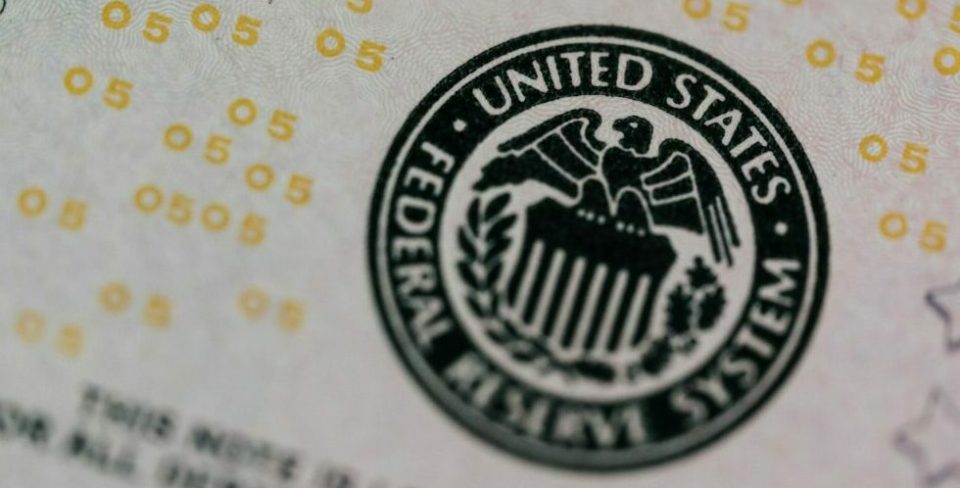An interesting example of confusion about private property came up this past week. I formerly lived in St. Louis, and I loved listening to KFUO radio, one of the best classical music stations in the United States. Recently, KFUO had fallen on difficult financial troubles, probably due in part to the economic crisis induced by the Federal Reserve and our shadowy puppet overlords otherwise known as the United States Federal Government. As a result, the owners of KFUO decided it was time to close up shop and sell the radio station. Sad as this is, I witnessed an even sadder response on Facebook, where literally thousands of St. Louisans (some of them my personal friends) joined a Stop the Sale of KFUO Classic 99 Facebook group.
Many members of said group, I imagine, are pretty innocent in this regard. But what exactly does it mean to stop the sale of someone else’s property? Really?
The description of the group reads: “Petition against the selling of KFUO Classic 99 in St. Louis. The 85 year old radio station, one of only 20 commercial classical stations in the country, is up for sale. Classical stations are getting gobbled up across the country and need to be preserved.”
That’s nice that they want it preserved, but what will a petition do?
One person has told me that this is just how the free market works, with the public pressuring companies to do certain things, “whether it be cleaning up their waste/runoff or using fair trade cotton for goods, adopting a new item to the menu, or not selling their radio station.”
But there is a big difference between saying to a company “Do the right thing” or “We’d like to see this on the menu,” versus “Don’t use your property the way you see fit, because we say so.” Each sends an entirely different message. The former is a moral or consumer appeal, and this is good. The latter, however, is more akin to how unions with exclusivity contracts coerce companies into doing what they want. Except in this case the protesters aren’t even employees (but thankfully there is no exclusivity contract either). Of course, a silly Facebook group has no resort to force, but if they really care then they will support Classic 99 with their pocketbooks, and not with electrons. Indeed, donations are frequently how these kinds of radio stations are run anyway, just look at KMFA 89.5 in Austin where I live now. Petitions mean nothing unless they are backed with something. And what is the point of private ownership of property if you cannot use it, non-aggressively, how you see fit?
Interestingly enough, the sale has already taken place.
And actually I’m glad to hear it, because without the sale, only one of three things could happen:
(1) A private firm or individual could run the business as a loss for charity’s sake.
(2) The business could slowly go under and eventually be sold off in pieces to pay off debts accrued.
(2) The government can take it over, and operate it via revenues taken at the point of a gun, i.e. taxation.
Option 1 would be great, but is very unlikely, especially when you have a government that is taking more and more money from everyone. Charity always decreases when the government takes more off the top. Option 2 is not good either, since it’s completely inefficient and diminishes economic recovery. It is distinct from Option 1, however, since Option 1 functions from savings of the charitable but Option 2 functions from credit alone. That’s bad news, and very undesirable. But Option 3 is the worst possible scenario, not only because it is completely immoral but also because this is always the least efficient means of allocating resources. Anytime the government gets involved, operating costs increase simply because extra middlemen are always involved.
In a recessionary economy like the one we have now, capital must be reallocated to more efficient means for a recovery to occur. The sale of Classic 99 is just one of those instances. This is not only a normal function of an economy, it is the desirable outcome, otherwise recovery does not happen.
We should not buy into the idiocy of governments everywhere, which think that they can bail themselves out – or worse, bail out other countries like Greece – by printing more money and increasing the same credit that got us to this point in the first place.
Thank goodness that despite the inevitable ineptitude of government, the free market can make corrections and everyone is made better off. Remember, the market is always a win-win endeavor.
The moral of the story, I suppose, is support your local classical station, if you want them to exist in the future…



), //libertarianchristians.com/wp-content/plugins/smartquizbuilder/includes/images/template6-latest.jpeg))

), https://libertarianchristians.com/wp-content/plugins/smartquizbuilder/includes/images/template6-latest.jpeg))


;?>/smartquizbuilder/includes/images/sqb-registration-img.jpg)

